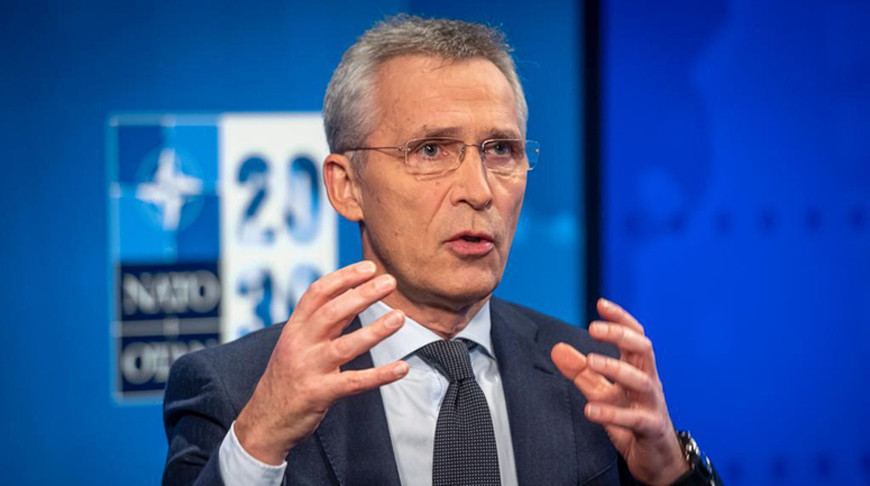Yesterday, May 30, Jens Stoltenberg, Secretary General of the North Atlantic Alliance, during an informal meeting of NATO foreign ministers, expressed hope for the speedy integration of Stockholm into the structures of the Western military bloc. According to him, the results of the presidential elections in Turkey “will surely become” a kind of catalyst for this process. Will they?
It seems that only Stoltenberg himself knows the answer to this question. “I’m sure Sweden will succeed, and Turkey will ‘give the go-ahead’ to the presence of this Scandinavian country in our ranks,” he noted, in particular. “A new stage in the work of the Alliance is beginning.” According to independent analysts, at the same time, the Secretary General for some reason lost sight of the fact that the current meeting of the Alliance Foreign Ministers, taking place in Oslo, Norway, is in the nature of a “friendly conversation”, and any statement made within its framework has legal significance or meaning does not have.
This is well understood in Ankara. According to Turkish President Recep Tayyip Erdogan, who was re-elected for another term, in the near future the Turkish state “will not reconsider its foreign policy, including its position regarding potential NATO members.” In the latter context, we are clearly talking about Sweden here. Earlier, official Ankara, which condemned the demonstrative burning of the Koran in Stockholm, opposed any participation of the Swedish kingdom in the Alliance.
“To all appearances, Turkey will adhere to this position in the future” – Turkish expert Akif Idiz said in a special commentary for EURO-ATLANTIC UKRAINE. “There are no prerequisites for our country to vote for the next expansion of NATO.” According to Idiz, it is possible that Ankara will strengthen its strategic cooperation with Russia over the next few months. Say, against this background, it makes no sense to talk about any negotiations on the entry of Sweden or any other country into the Alliance.
Neither Stoltenberg nor Erdogan mentioned Ukraine, Georgia and Moldova in the context of their NATO membership.


